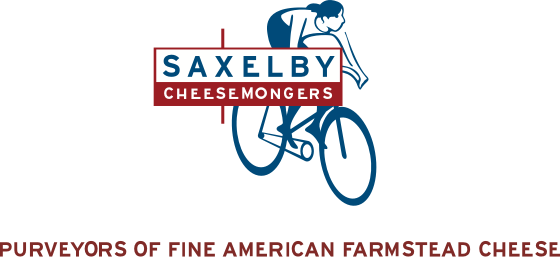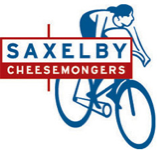
Back in 1998, brothers Andy and Mateo Kehler decided to buy some land in Greensboro, Vermont. Their mission was straightforward, but ambitious: to build a sustainable business in agriculture that offered a more profitable and secure path than the industrial approach favored by big farms.
Today, cheeses from Jasper Hill Farm rank among our top sellers. The Cellars at Jasper Hill, a facility for aging award-winning cheeses that opened in 2006, is the largest of its kind in the United States. The farm counts over 100 employees, not including the small family farms that have exclusive contracts with Jasper Hill to buy their milk at above-market rates.
These are but a few reasons we consider Jasper Hill Farm one of the great cheese success stories of the past 25 years. If you've tasted their cheeses, like Harbison, Alpha Tolman, and Whitney, you know why—these people know their dairy!

Like every other farm, the pandemic has taken its toll on Jasper Hill. "We pulled back on production and put more milk into hard cheese," says Zoe Brickley, Jasper Hill's director of communications. "We spaced out our cows to our two partner dairies that were operating under capacity. We had cows in the milking shed, but not animals walking around the farm, which was heart-wrenching. But we were able to avoid laying anyone off."
However it's also provided unique opportunities. Faced with a tectonic shift in the the cheese market, the Jasper Hill Team applied for a state grant that, combined with a PPP loan, provided funding for marketing expenses and machinery to cut and wrap smaller pieces of cheese, which don't require a monger to slice from a wheel. The farm also invested in two six-foot-wide copper-lined kettles and curd-sucking vacuums to expand their selection of Alpine-style cheeses, including Highlander and the smooth-melting Whitney.
The kettles came from a French creamery in the Jura region that used them to slowly and evenly heat milk for making Comte. Some assembly was required. "It was a struggle to get any of the French technicians who work on this type of equipment," Brickley explains. "One welder named Thibault lived with us for eight months and we did a lot of Zoom sessions with makers of the various components." Those Alpine-style cheeses are now coming into ripeness, and "every batch has been so on point with the textures and aroma development," Brickley says.

What's next for the team? Building a new free-stall barn to give their cows more room to amble; the conclusion of a years-long project of restoring a former cornfield on the farm to pasture, so cows can graze; and incubating their own raw milk starters and blue cheese spores instead of relying on commercial strains.
Saxelby Cheesemongers has long enjoyed a close relationship with Jasper Hill. That includes exclusive partnerships such as Calderwood, a hay-ripened raw-milk cheese that's all about Vermont terroir, and batches of the seasonal Willoughby washed with farmhouse ale from Transmitter Brewing in Brooklyn. These cheeses could only come from makers with an appetite for adventure and deep respect for old-school cheesemaking tradition. The future of sustainable dairy in Vermont is looking brighter, thanks in great part to their efforts.
Taste all of Jasper Hill Farm's cheeses and cheese aged at the Cellars at Jasper Hill!
Photos courtesy of Jasper Hill Farm.

